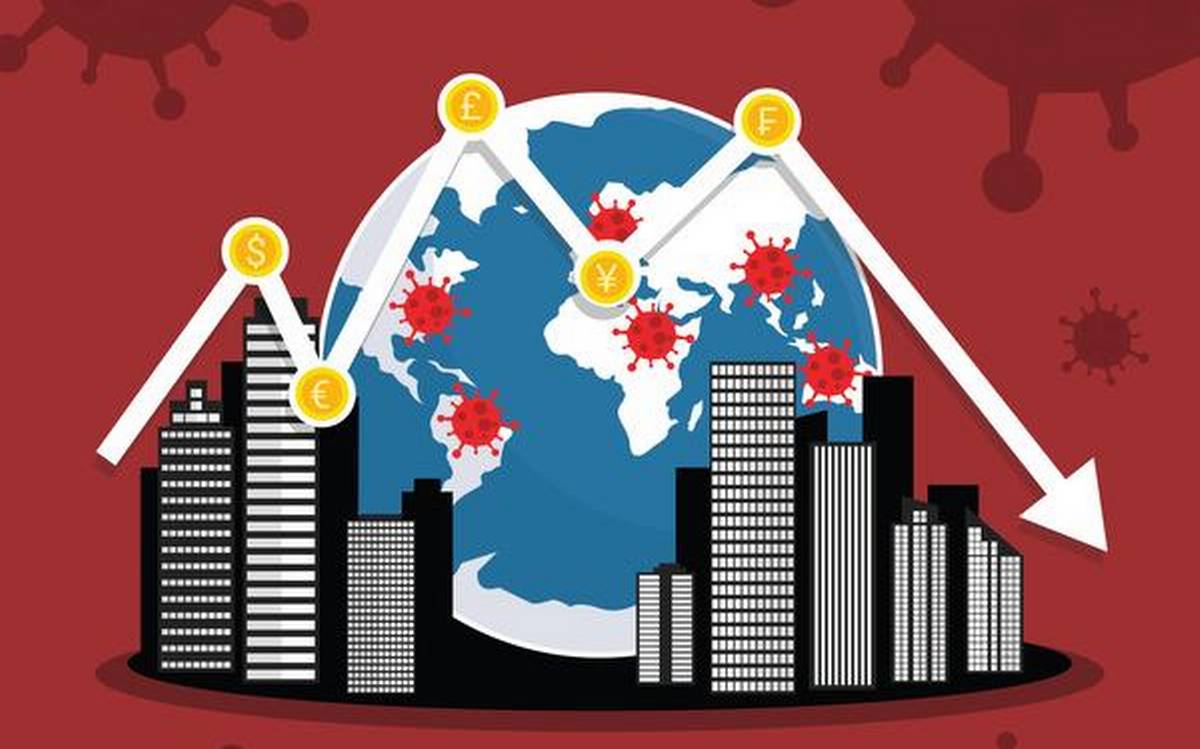
No macro-economic policy framework of any country in the world could have been fully prepared for the unprecedented crisis caused by the Covid-19 pandemic. In the past 20 years, China has become the dominant export economy of the world. The Chinese export almost every possible item that can be produced (barring civilian passenger aircraft, a complex technology that they have not yet fully mastered).
The nation also has the dubious distinction of having caused five major pandemics since 2002 including the severe acute respiratory syndrome (SARS) infection, avian flu, swine flu with the latest ‘export’ of the Covid-19 virus bringing the entire world to a halt and causing massive death and economic destruction. In an environment when the whole world is in deep pain, India could not have remained isolated from the disastrous economic consequences of the Chinese virus.
The pandemic has caused a crisis of unimaginable proportions for India’s economy. While the lockdown has reduced the extent of the spread of the infection, it has triggered a recession of the kind that no one had anticipated. This crisis is also very different from the one India faced in 2008. In economic terms, the impact of that global financial crisis, triggered by the financial sector meltdown in the United States of America, was relatively limited on India.
The economic disease in 2008 was very different from the one we are grappling with now. As a result, the ‘medicine’ and ‘strategy’ to treat the Covid-19 economic crisis had to be different. And that is what precisely the Central government has done in rolling out its economic roadmap. Remember, you cannot give excessive glucose to revive a diabetic patient.
Neither can you give electric shocks to revive someone with a heart pacemaker! The treatment should be as per the disease and the patient’s medical history. Given the background, the forceful nature of Prime Minister Narendra Modi’s recent address and his linking of the self-reliance theme with the sentiment against globalisation in the post-corona world order could well be the second most seminal moment in India’s recent economic history after P.V. Narasimha Rao allowed his finance minister Manmohan Singh to begin the process of opening up India’s economy to foreign capital inflows, supplies and technology.
This shift, coming as it does after three decades of that watershed moment in India’s history, would have profound consequences for our industrial future. It is not as if Modi suddenly sprung the concept on the country. He has been dropping hints including as recently as April 24 when while interacting with gram panchayat members, he said, “The biggest lesson the Covid-19 pandemic has taught India is to become self-reliant”.
It may be important to recall that since coming to power in 2014, the Modi government is estimated to have hiked import duties on over 3,000 goods. The strategy behind this is partially to garner more revenues, but also to encourage foreign companies to manufacture their goods in India. Last September, the government cut the corporate tax rate to 25 per cent for new units that are set up in India. Therefore, it would be wrong to conclude that the Modi government is being ‘protectionist’.
Another reason why PM Modi’s call for a ‘Aatmanirbhar Bharat Abhiyan’ or a campaign for ‘self-reliant India’ is very significant is due to some recent developments with respect to the World Trade Organisation. Former IAS officer Anwarul Hoda has flagged off a very important issue in his latest working paper for the Indian Council for Research on International Economic Relations (ICRIER). Hoda’s paper on rethinking export incentives (https://icrier.org/pdf/ Working_Paper_390.pdf) states that with India moving out of the category of low-income countries, it has become “ineligible under the WTO rules to grant export subsidies” to its manufacturers.
This development has thrown up a new policy challenge for India and Hoda argues, will require the government to come up with a new set of schemes to promote exports including a WTO compliant “comprehensive scheme for refund of unrebated state and Central taxes”. India became a member of the WTO in 1995 (even earlier than China which joined the trade body 2001).
Since then, while China has grown into a massive economy that rules global exports, India’s share in global trade has not grown as impressively and we run a large trade deficit. While we have gained from the liberalisation of the Indian economy, it is now time, in the post-Covid world for India to undertake a new journey. This journey is not about the current debate on the size of the fiscal stimulus, but about taking a longterm view for the next 30 years to set a new direction for the Indian economy.
Unless India develops strong manufacturing capacities, undertakes higher exports of goods as well as service like information technology, and improves its technological base, it will not be possible to take care of the welfare needs of the population. In other words, India needs a new economic growth paradigm and that is what we should expect and demand from our government. The short term will be painful but sensible economic policies can improve things in the medium term and put us on a high growth strategy in the long term.
The author, a senior journalist, is a commentator on politics and economy